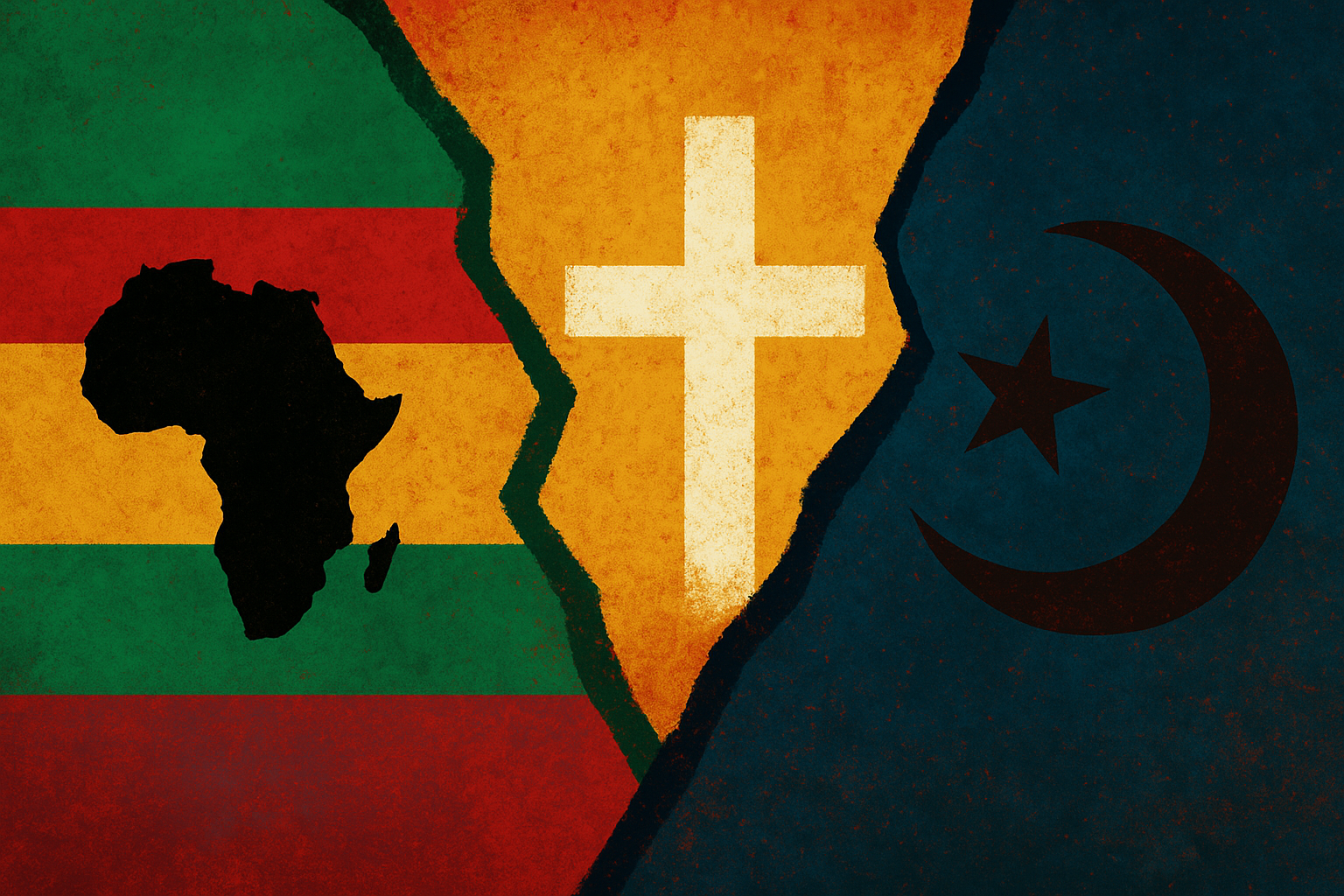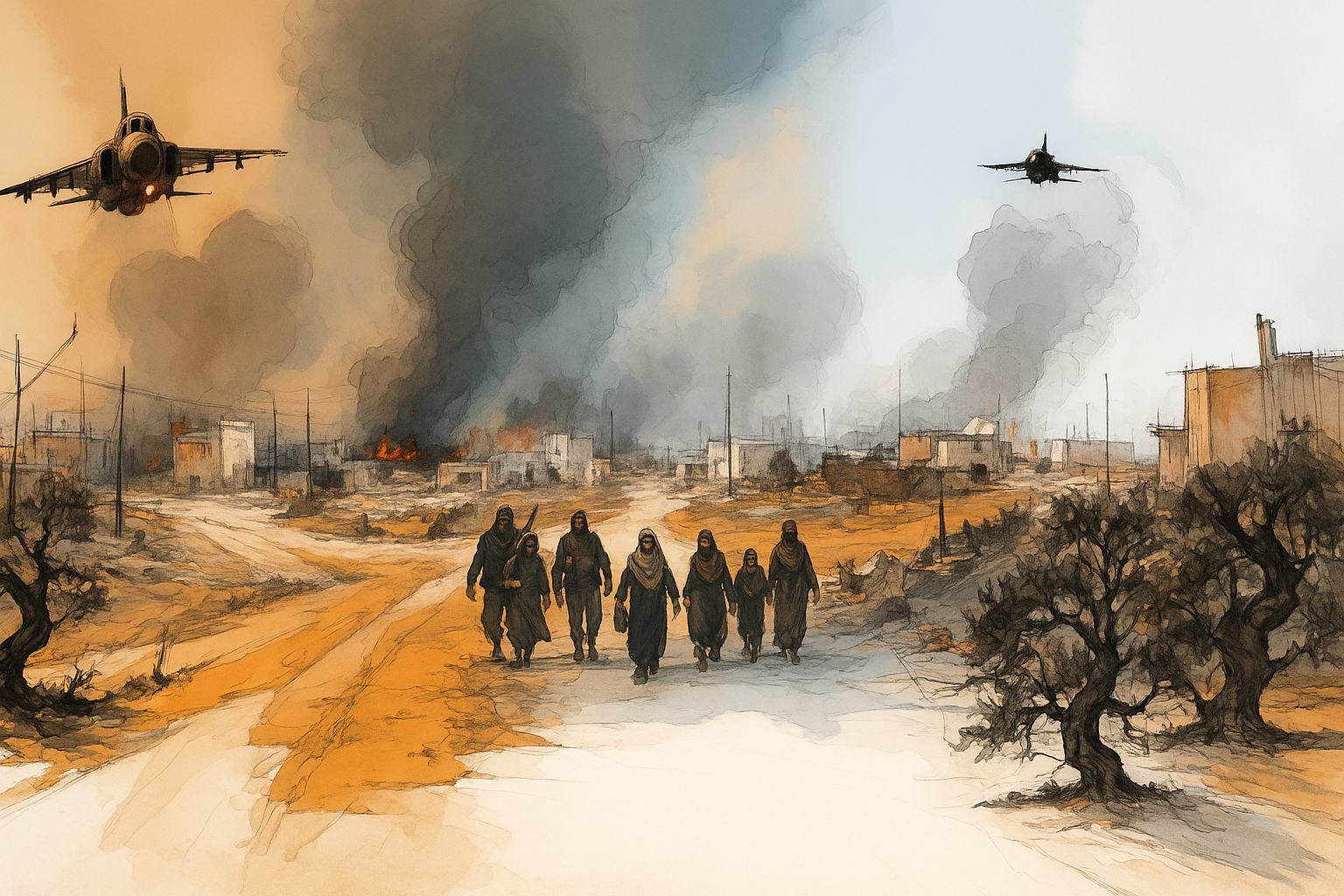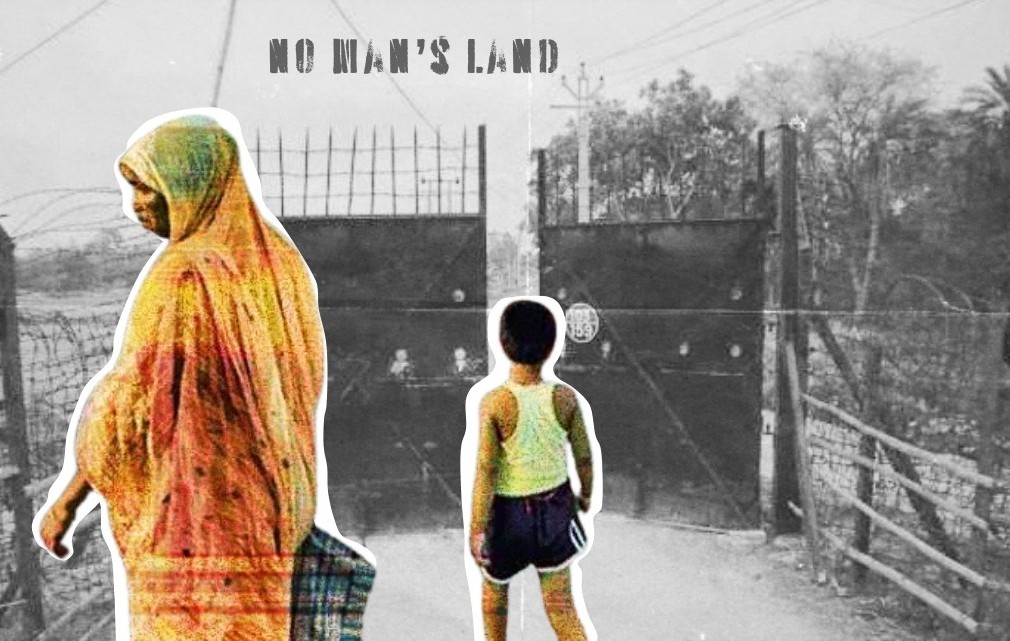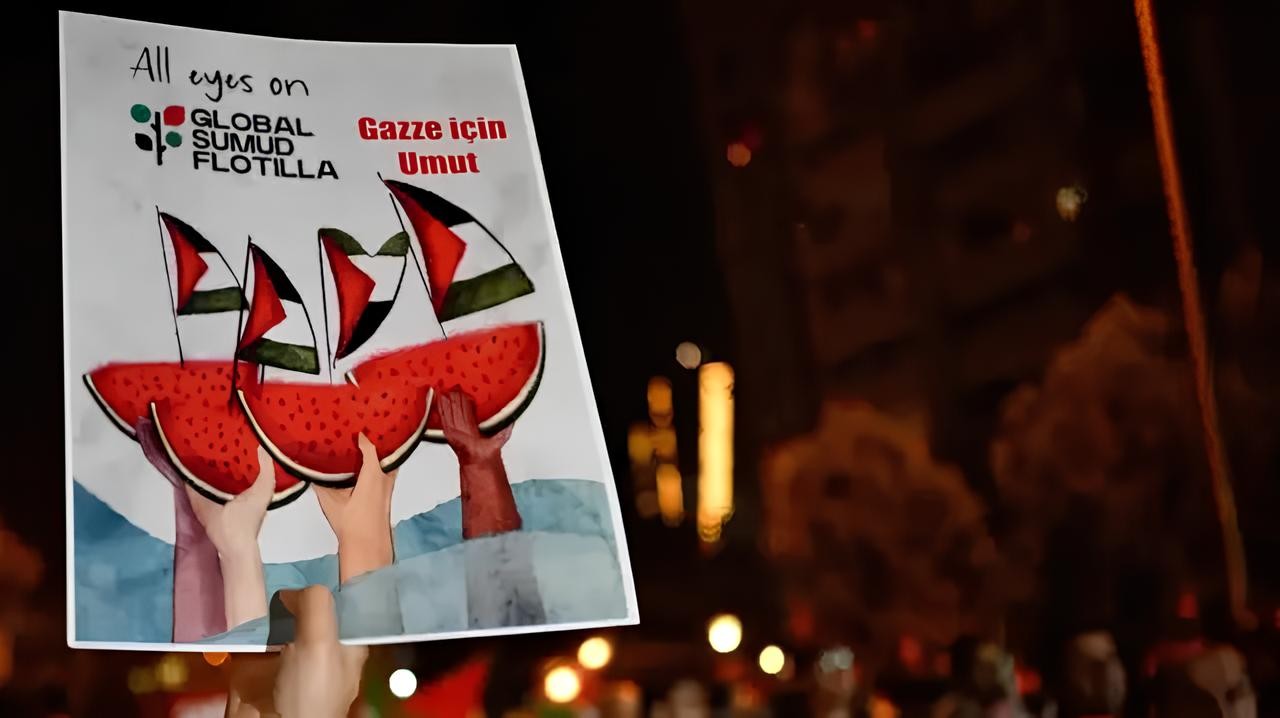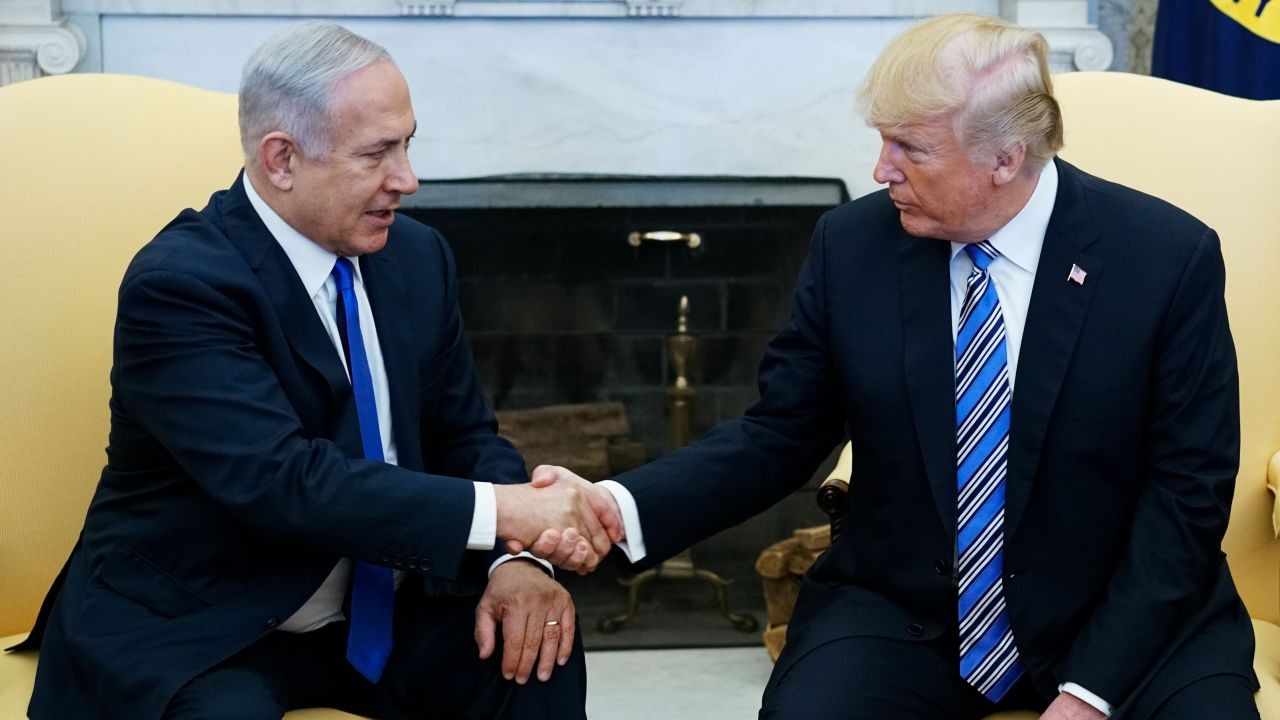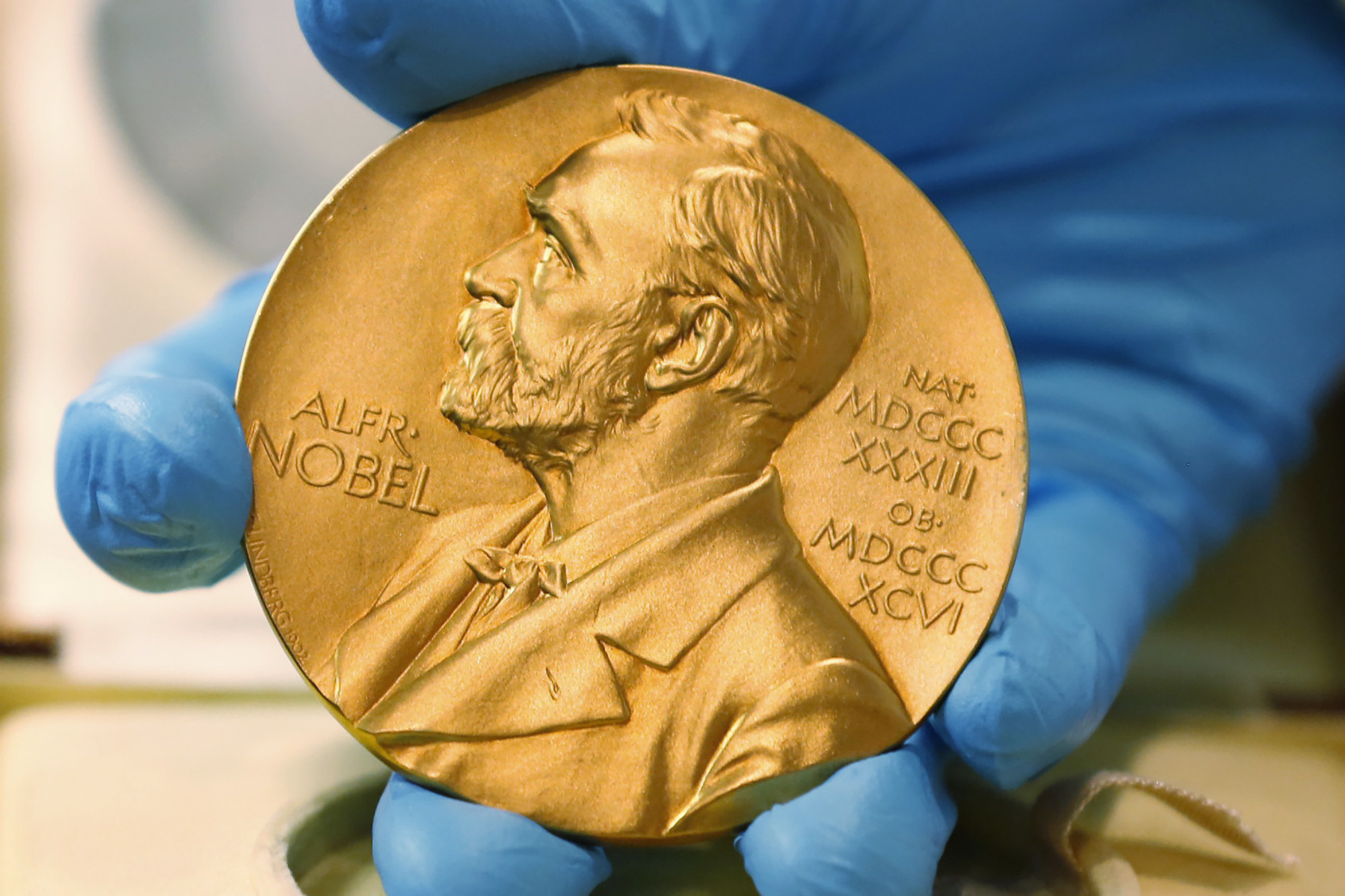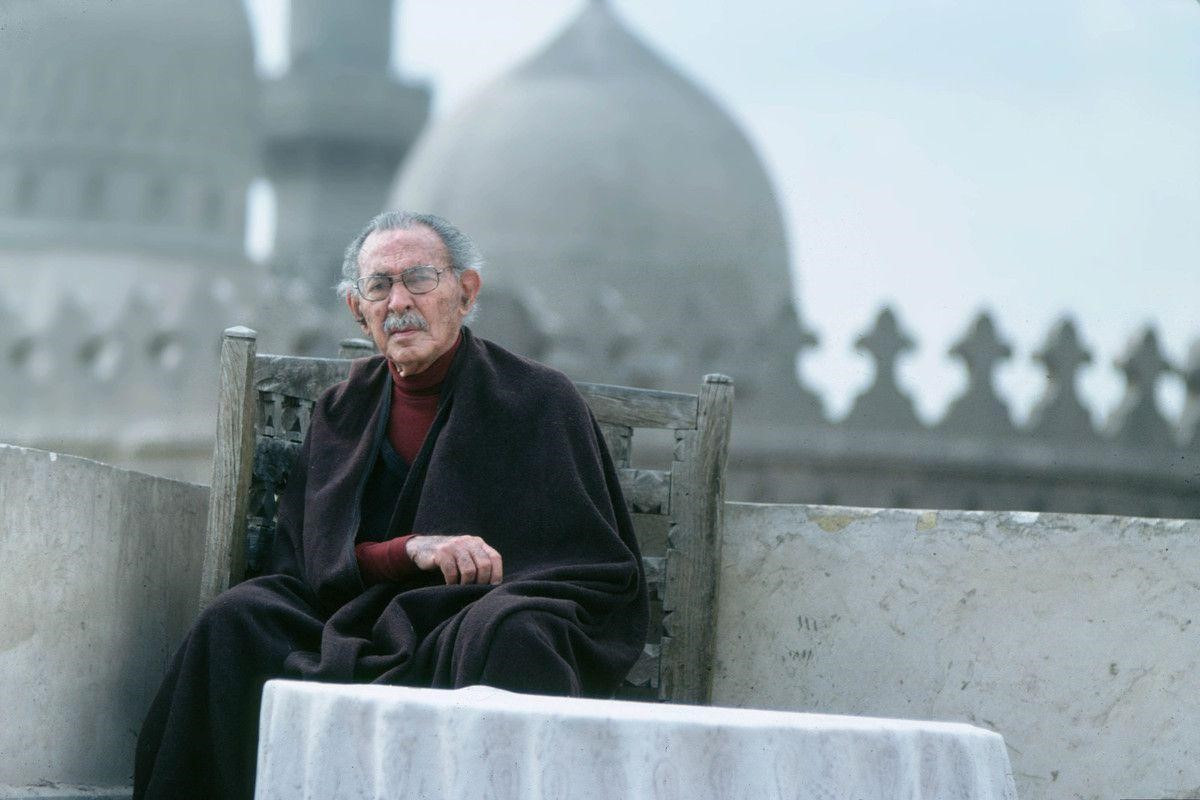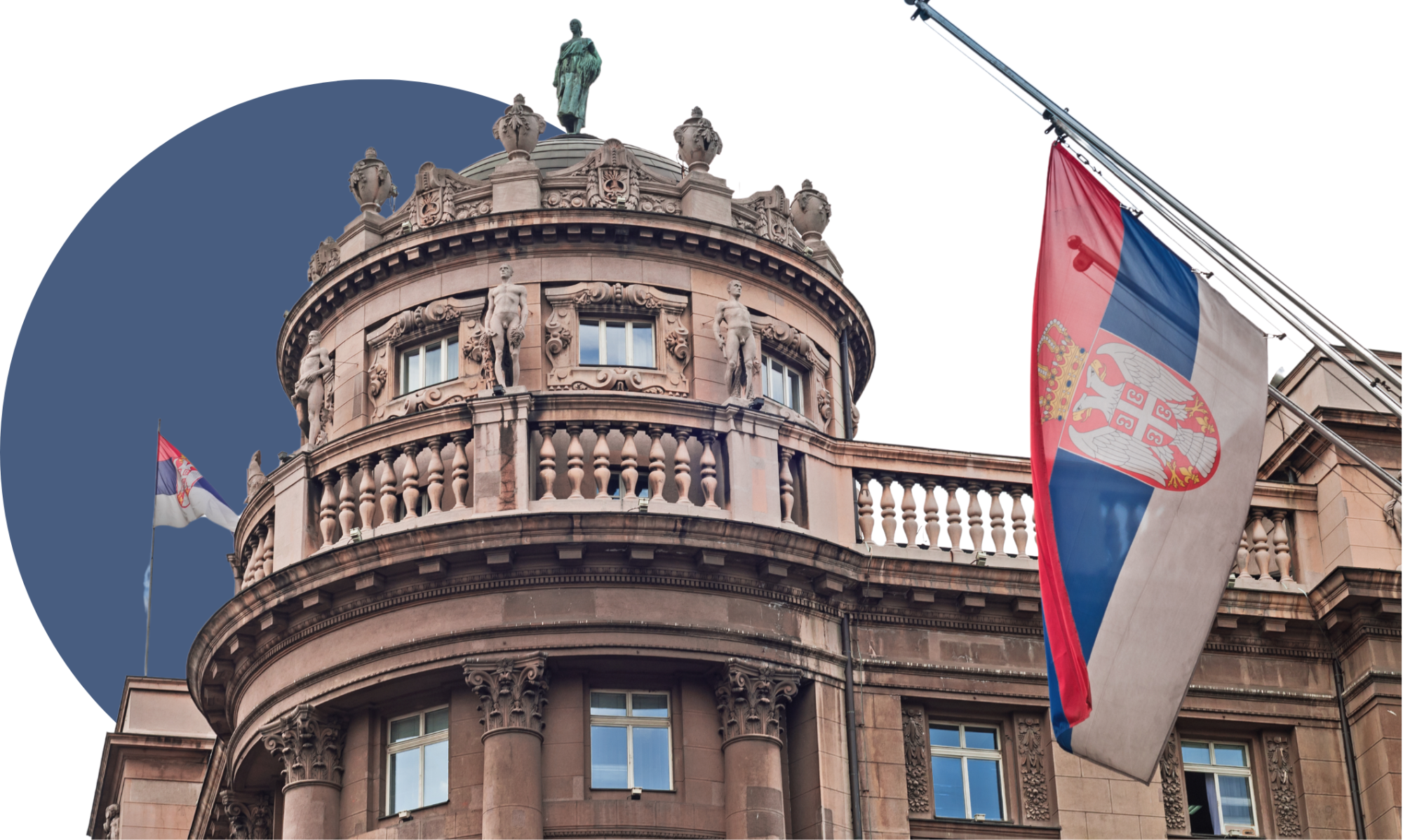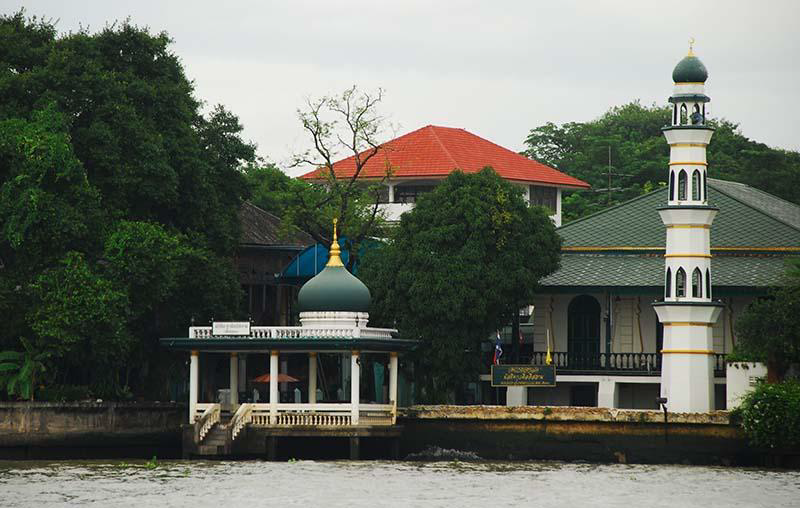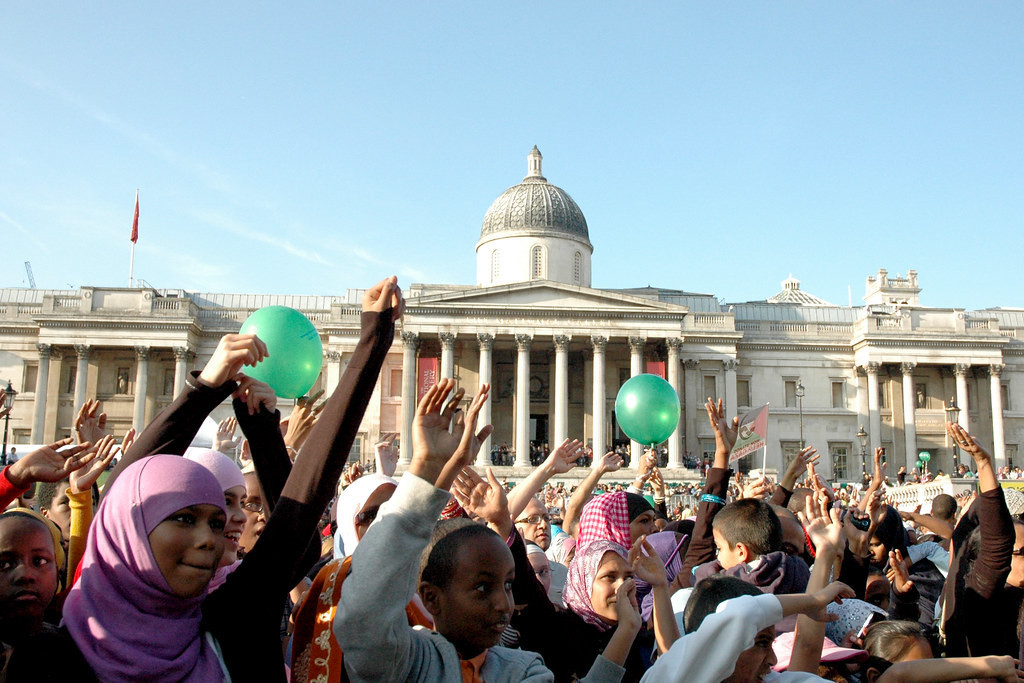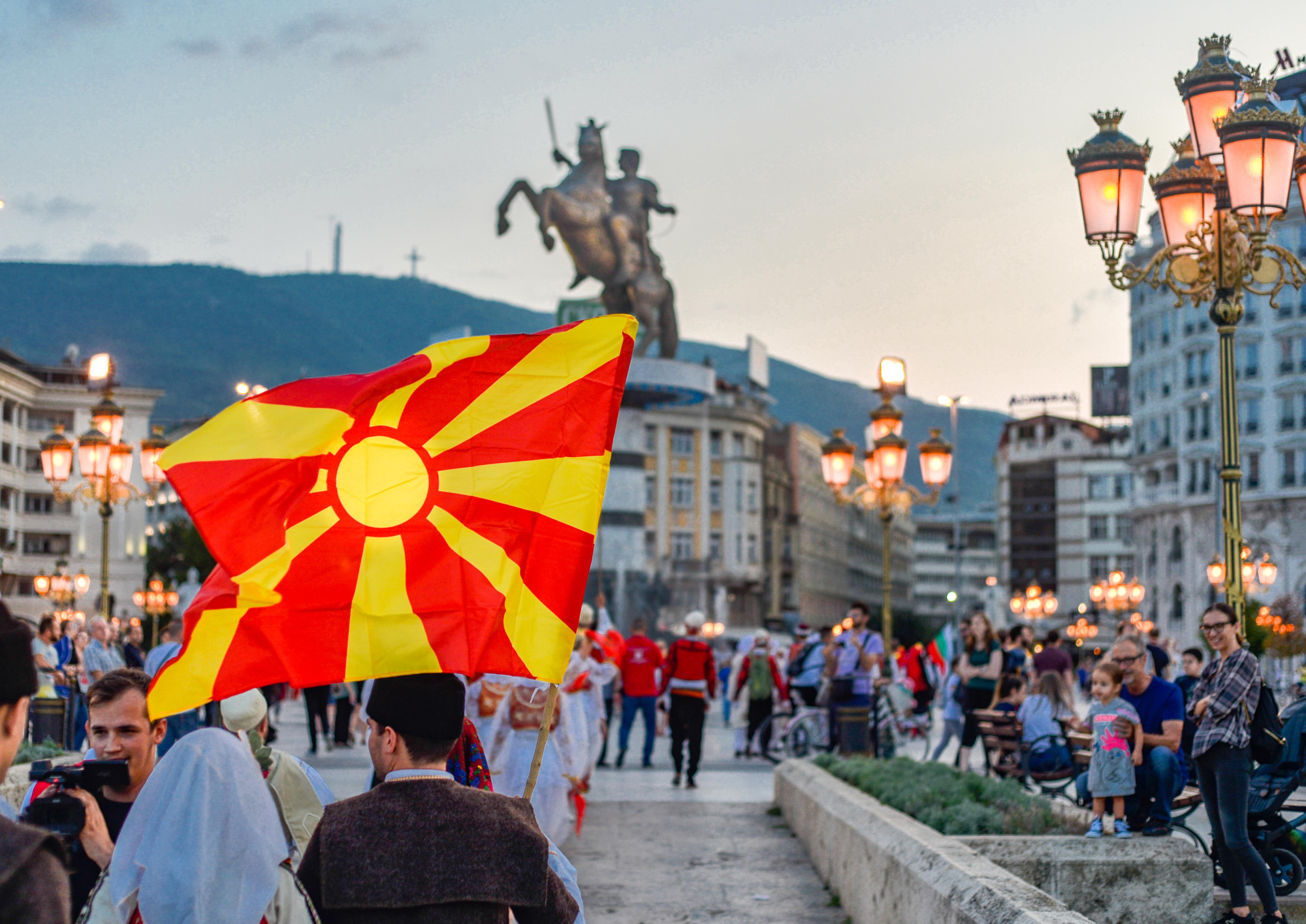
Civicizing the Civic Space in North Macedonia: The State, International Networks, and Cultural Existence
The Eurocentric world and history of human thought examine topics such as politics, the state, society, and the individual through a narrative centered around Ancient Greece, Rome, the Enlightenment, and the modern period. The literature on civil society, too, has followed a similar path, tracing its roots back to Aristotle. However, it is possible to say that the modern state and the bourgeoisie developed the concept of civil society in Western Europe from the 17th century onward, and it became an essential part of democratic regimes by the 2000s. Although it does not seem possible to find a definition of civil society that everyone agrees upon, it can be roughly described as covering all forms of civic associations, organizations, and networks aimed at promoting common goals and interests and are in the space between family, business sector, political parties, and government sector (Kacarska, 2011, p. 72).
Like other non-Western European societies, the Balkans attempted to build civil society primarily with a Jacobin approach. The long 19th century, the war-torn 20th century, kingdoms, constitutional monarchies, communist states, and ultimately, 11 different nation-states that transitioned into democratic regimes all produced different structures and forms of civil society. The construction of civil society became one of the most important agendas, especially with the democratization of the region after 1990. This de facto situation reached its peak during the process of Europeanization in the 2000s. As the region was trying to manage its transition, it also sought to create a civil society space through non-state organizations. However, given the late modernization, inefficient market, and the state, society, and individual model that is produced by an ineffective bureaucracy, it seemed unlikely that a strong civic space could be established in a top-down manner. We can argue that during this process, Balkan societies, which clung to contemporary values like democratization and Europeanization as their compass, created different forms of civil society that were dependent on political parties, engaged with international organizations, and embedded in social groups while struggling greatly in civicizing the civic space.
Similar to Croatia, Bosnia, and Kosovo, the wars and armed conflicts that occurred in the region between 1990 and 2001 had a significant impact on the formation of different civil society organizations in North Macedonia.
History of Civil Society in North Macedonia
North Macedonia is one of the countries that best represents the Balkans with its demography, strategic location, history, and conflicts. The country, which was known as the Kingdom of Serbs, Croats, and Slovenes after 1918 and later as the Socialist Federal Republic of Yugoslavia after 1945, eventually gained independence in 1991. Then, through the processes of democratization and integration with the EU, it adopted the Western European model of the state, society, politics, and the individual. While the country's ethnically, religiously, and culturally diverse population experienced a history of conflicts, instability, and failed states, constitutional reforms in 2001 and 2017, along with pressure from EU norms, have pushed the country toward a more stable and structured framework. The construction, regulation, and organization of the civic space have taken place within the context of these challenges and solutions.
The first civil society organization in North Macedonia was registered as a sports association in 1941. According to the public central register, as of May 2023, a total of 14,985 civil organizations or associations are registered in the Republic of North Macedonia. 53.72% of these organizations are currently active, and the highest percentage (41.59%) of active organizations operate in Skopje. Similar to Croatia, Bosnia, and Kosovo, the wars and armed conflicts that occurred in the region between 1990 and 2001 had a significant impact on the formation of different civil society organizations in North Macedonia. The establishment of numerous humanitarian aid organizations during this period further highlighted this influence.
Table 1. Total Number of Registered Civil Society Organizations in North Macedonia according to Theilr Legal Form
|
Year |
Social - Humanitarian Associations |
Sports Association |
Cultural Association |
Professional Association |
Ecological Association |
Foundations |
Other Social Organizations, Foundations and Associations |
Total Associations |
|
2013 |
2 |
7 |
9 |
1 |
4 |
4 |
202 |
229 |
|
2014 |
2 |
9 |
6 |
1 |
1 |
8 |
225 |
252 |
|
2015 |
0 |
11 |
8 |
1 |
1 |
3 |
173 |
197 |
|
2016 |
2 |
3 |
3 |
2 |
1 |
1 |
204 |
216 |
|
2017 |
0 |
3 |
5 |
5 |
0 |
8 |
263 |
284 |
|
2018 |
1 |
11 |
3 |
3 |
3 |
4 |
282 |
307 |
|
2019 |
1 |
2 |
4 |
1 |
1 |
8 |
329 |
346 |
|
2020 |
1 |
3 |
3 |
0 |
1 |
2 |
250 |
260 |
|
2021 |
3 |
5 |
3 |
0 |
1 |
7 |
271 |
290 |
|
2022 |
3 |
4 |
8 |
2 |
3 |
11 |
355 |
386 |
|
2023 |
0 |
5 |
1 |
3 |
2 |
3 |
178 |
192 |
|
Total |
15 |
63 |
53 |
19 |
18 |
59 |
2732 |
2959 |
Source: Kajoli Bujar & Rama Ariton, 2024, p.13
Since it has not experienced a dominant ethnic group governing the state that the modern state requires, North Macedonia could not establish a regular and stable model of state and society until the first quarter of the 21st century. This systemic crisis has significantly impacted civil society as well. The failure to build a modern state and the inability to cultivate awareness of the public sphere have led to the failure of civil society to develop on a healthy basis in terms of its autonomy, financing, and connections with international networks. In this context, the inability of the civil space to civicize has resulted in different distorted forms, often directed by political parties and shaped by international networks and organizations for various purposes and goals, and providing legal frameworks for closed communities.
Trajkovski divides the perception of civil society in North Macedonia after 1990 into two periods. While in the first period, from 1990 to 2001, civil society was seen as an anti-state element, in the second period, from 2001 to the present, it is perceived as an element cooperating with the state. Trajkovski further subdivides the second period into three sub-periods: 2001-2008, 2008-2017, and 2017 to the present. The distinguishing feature of the first sub-period is that the state began to see the civil society sector as a partner in the formation and implementation of public policies. Also, the state's financial, legal, and institutional support to civil society organizations increased during this period. An increasing number of civil society organizations began to receive financial support from the government and to focus on areas such as social care and services, anti-corruption efforts, environmental issues, the protection of human and minority rights, gender equality, refugee support, humanitarian activities, and the decentralization process. In the period from 2008 to 2017, the ruling political party increased its dependency on civil society organizations, and the Open Society and Soros Foundations, as part of international networks, organized protests against the government; thus, it marked a different era. In this period, which is also referred to as "de-Sorosization," the influence and funding of the EU and international organizations were at the center of civil society organizing in the post-2017 period after the defeat of the current government, and topics such as democracy, human rights, women's rights, environmental and climate change issues, and digitalization were highlighted.
The presence and organization of Muslims in civil society in North Macedonia, while resembling the processes of Balkan Muslims, differ from the developmental processes of the dominant Macedonian civil societies in the country.
Muslims, Opportunities and Forms of Civil Society
If we exclude the period from 1918 to the early 1930s, Balkan Muslims remained outside the public sphere and organizations until the 2000s. While there were some forms of organization during the constitutional monarchy period after the Ottoman Empire, repression increased with the dissolution of parliaments. We also observe that under communist regimes between 1945 and 1990, Balkan Muslims were confined to their homes, kept outside of public life, and continued their lives under constant surveillance. Although the 1990s brought democratization, Muslims in the region only began to associate the concept of civil society with humanitarian organizations as they continued to live in the shadow of war and armed conflicts until 2001. After 2001, the EU process has made it possible for countries to organize in the public sphere, be visible, and raise awareness for the public good. With great motivation and enthusiasm, civil society organizations emerged in fields such as culture, art, education, humanitarian aid, and religious education. While countries like Bosnia and Herzegovina, North Macedonia, Albania, Bulgaria, Kosovo, and Greece had different experiences, they faced common challenges such as managing relationships with the state, inexperience in resource mobilization strategies, and inadequacies in creating accountable institutional structures and cultures. Similarly, due to the lack of qualified human resources and the fact that nation-states largely constructed Muslims as "the other," Muslim communities were able to be organized in fundamental areas such as education, culture, and humanitarian aid—areas where the state has failed to provide services for this social group—rather than in areas addressing issues and solutions relevant to the "high" culture. With democratization, the presence of religion in the public sphere has led to the transformation of communities into NGOs. Furthermore, as a result of the current global culture and open society processes, many communities from the Islamic world have been able to organize in this sphere.
The presence and organization of Muslims in civil society in North Macedonia, while resembling the processes of Balkan Muslims, differ from the developmental processes of the dominant Macedonian civil societies in the country. The presence and organization of Muslims in civil society in North Macedonia, while resembling the processes of Balkan Muslims, differ from the developmental processes of the dominant Macedonian civil societies in the country. Macedonian Orthodox Christian groups, secular Albanians, and other ethnic groups have institutionalized themselves with the funding and support of the EU and the state. Nevertheless, Muslims, who have long been among the social groups neglected by the state and have lower income levels due to marginalization, have been organized to address issues such as lack of access to higher education and the threat of extinction of their culture and language. In this context, Muslim civil society organizations have naturally remained distant from the expected actions of the civil sphere, such as influencing, criticizing, and advocating for policies related to the economy, foreign policy, health, and education that affect all citizens in the public sphere.
Ethnic issues have not only shaped the political agenda of the country, they have also significantly influenced the civil sphere. The majority of civil society organizations that operate outside international networks have been built around affiliations such as ethnicity, identity, culture, and tradition. While organizations known for addressing the issues of Muslims, such as the Makedonya Türk Sivil Toplum Teşkilatları Birliği, Forumi Rinor Islam, Organizata Kulturore Humanitare Merhamet, ADEKSAM, and the Organizata Humanitare El Hilal have largely performed without support from the state, they have sought to provide services in areas where the state has failed to offer adequate solutions or services. Turkish, Albanian, and many other civil society organizations have carried out projects in education, culture, and humanitarian aid with funds from the diaspora in the country and especially from various Islamic countries, with Türkiye being the primary source of support.
In the last 35 years, the state and society model produced by North Macedonia has not sufficiently met the standards of developed democracies. The gaps in this process have created an excessive dependency on the country's political parties, international networks, and religious structures.
References
Bujar, K. & Ariton, R. (2024). The role of cıvıl socıety in cultural herıtage: Republic of North Macedonia as a case study. South East European Journal of Sustainable Development, 8(1), 8-17.
Ilo, T. (2018). The civil sector in the Republic of Macedonia in recent decades. In Civil society and social change: inclusion and influence. Donevska Maria, Mojanchevska Katerina, Ilijevska Klimentina, Iloska Aleksandra, Trajkovski Ilo, Rahik Bisera (Ed.). Skopje: Citizens Association For Research, Communications And Development Public.
Kacarska, S. (2011). Has the strategy contributed to improving the dialogue between government and civil society? Civic Practices. (13).
Sevba Abdula
Sevba Abdula was born in Skopje in 1984. In 2008, he graduated from Ankara University, Department of Economics. He completed his master's degree with the thesis ‘Religion and Nationalism: The Case of Serbian Orthodox Church and Serbian Nationalism’ a...
 Sevba Abdula
Sevba Abdula